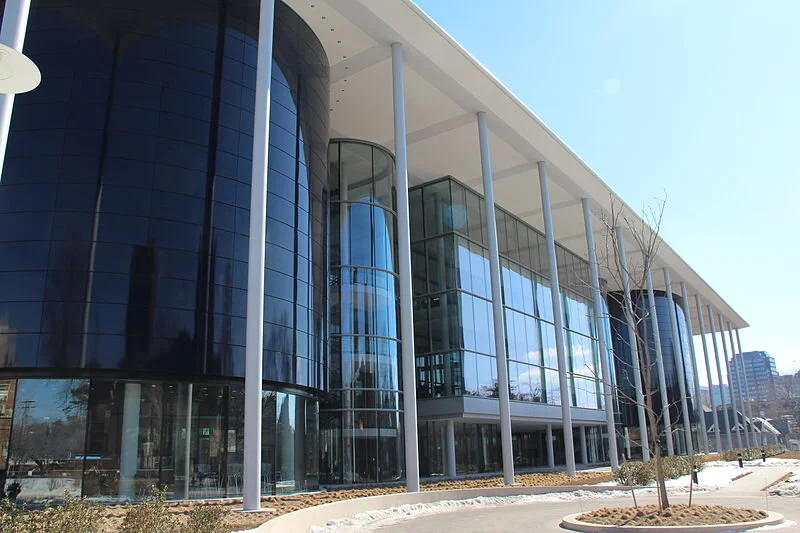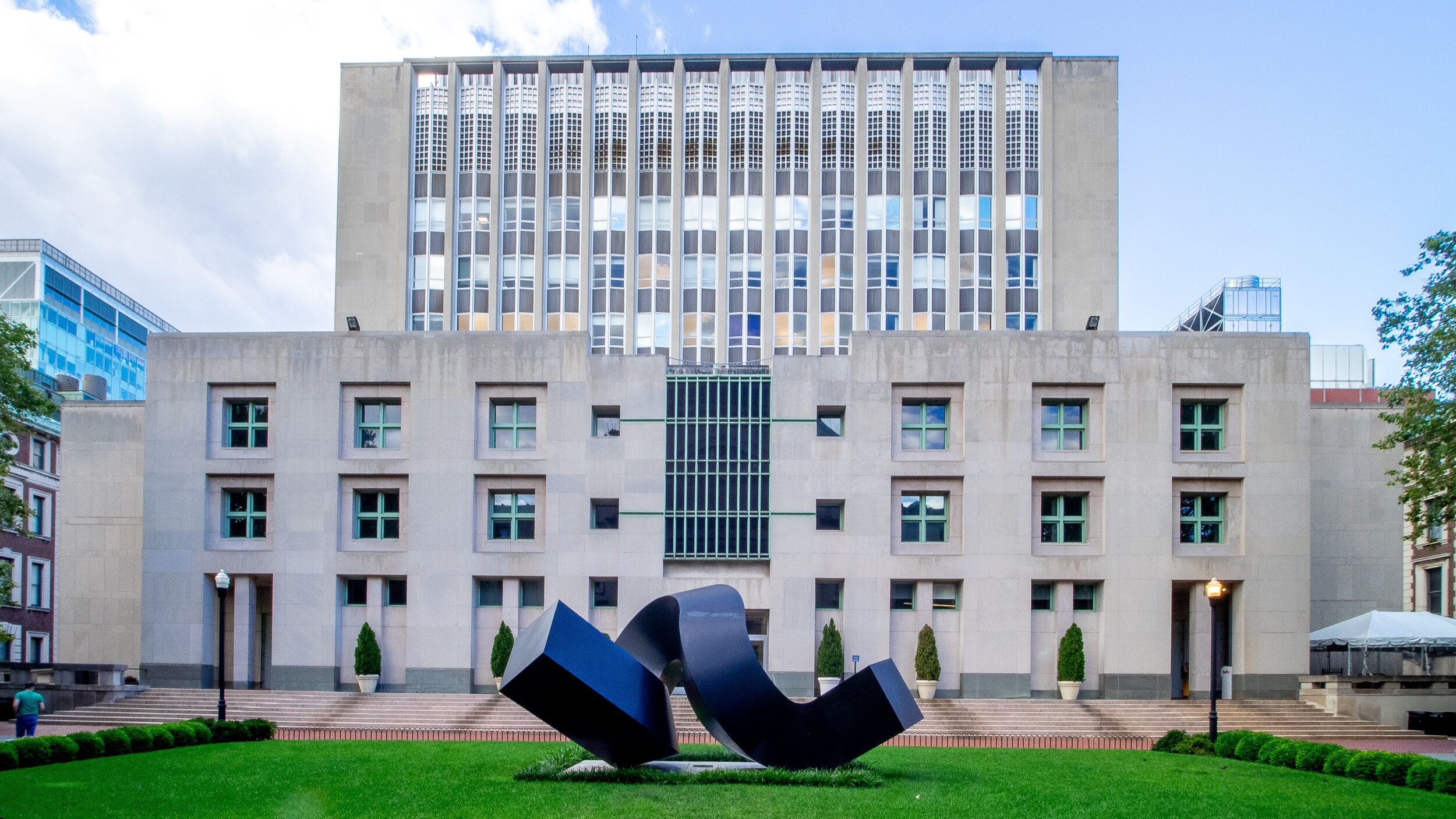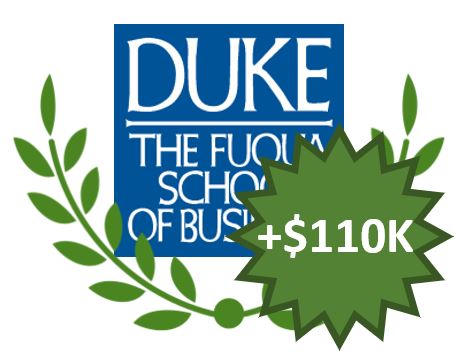Updated April 2020: The Best MBA Deferred Admissions Programs (to apply to when still in college)
/While most business schools require you to have between 2-5 years of work experience before you can apply to their flagship MBA programs, more and more business schools are offering deferred early admissions programs for college seniors. College is a great time to apply to business school. Applying now gives you another opportunity for admission, a potentially less competitive peer group to compete against, and much greater flexibility on when to attend. An offer of admission from a top program also enhances your resume prestige and hedges your career risk. There really is no downside. Offers of deferred admission usually give students a guaranteed spot in a future MBA class provided they spend two or more years getting business experience (which you will need anyways to get the most out of business school). Here are the top programs that offer such deferred enrollment options:
Harvard Business School 2+2
Perhaps the most famous of the deferred admission MBA programs is Harvard’s 2+2, established by its famous former director Lee Leopold. While college seniors from any academic background are eligible to apply, some preference will be given to high potential individuals on paths that aren't as well established in leading to graduate business school, including applicants:
Planning to work in an operating company (tech, manufacturing, consumer goods, retail, industrials, etc.)
From a lower socio-economic background (first generation in college, lower-income family background, less family exposure to graduate school)
Going into a technically demanding role
Pursuing entrepreneurship
Students in college or graduate programs (attended directly after college, but not PhD programs, law school or medical school) can apply and defer attending the 2-year MBA program for between 2 and 4 years. To be considered for admission to the 2+2 Program Class of 2024 (entering fall 2022), you must graduate from your program between October 1, 2019 and September 30, 2020. 2+2 applicants pay $100 on the application fee compared to $250 for regular applicants. 2+2 applications have only one deadline: June 1, 2020.
Stanford GSB Deferred Enrollment
An excellent way into the US business school with the lowest acceptance rate. Stanford actually offers direct enrollment opportunities for college students, however in almost every case this deferred enrollment option is more advisable. Deferred enrollment is open to those who are in your final year of a bachelor degree or a joint bachelor/graduate program, and your degree will be conferred between October 1 last year and September 1 this year OR you are currently enrolled in a graduate program, which you began immediately following an undergraduate or undergraduate/graduate program.
In most cases the deferral requested by GSB for the student is 2 years. Candidates for this program can apply in any round, though Round 3 is slightly preferred, and the reduced application fee is $100.
Stanford intimates that this enrollment option is aimed at college seniors who seek to work in post-MBA industries that either require work experience (consulting) or previous work experience in that same field (private equity, biotechnology).
Wharton Moelis Advance Access Program
This deferred admissions fellowship program is only open to undergraduate students studying at the University of Pennsylvania. The Moelis Advance Access Program is a deferred admission program that gives Penn undergraduates a guaranteed pathway to the Wharton MBA after pursuing 2-4 years of work experience. The program focuses on Penn seniors whose academic and career interests expand traditional notions of business education.
Moelis Fellows access the Wharton network and resources during their deferment period and will receive a $10,000 yearly fellowship (or more based on merit) during the 2-year full-time MBA program. Applications open in March with Round 3 and the application fee is waived.
Chicago Booth Scholars Program
The Chicago Booth Scholars Program accepts applications from any current undergraduate student in their final year of study from all undergraduate institutions. The program allows you to complete the MBA application process while still at your undergraduate institution, then start at Chicago Booth after a conditional 2-4 year deferment period for professional experience. During the deferment period, Booth Scholars are expected to seek substantive work experience that will position them to succeed at Chicago Booth and beyond. Booth Scholars represent diverse interests and backgrounds, and are not limited to STEM or non-traditional applicants.
MIT Sloan MBA Early Admission
MIT Sloan MBA Early Admission is currently open to all enrolled full-time students who are:
graduating or have graduated from an undergraduate degree program during the current academic year
graduating from or currently attending a graduate degree program they entered immediately upon completing their undergraduate degree without full-time work experience
If admitted, successful candidates are expected to seek full-time work experience between two to five years. MIT Sloan welcomes applications from all areas of undergraduate concentration, including the humanities, the social and physical sciences, business, and engineering. Applications are typically due in June and there is no application fee for the MIT Sloan MBA Early Admission process.
Yale SOM Silver Scholars Program
Truly unique among the “deferred admission” programs is Yale’s Silver Scholars, which is an opportunity for college senior to pursue a Yale MBA degree immediately after graduation and begin an accelerated career path in any industry. Yale is looking for college seniors who will be future leaders in business, government, and nonprofit endeavors.
A three-year program, Silver Scholars spend the first year completing the core curriculum at Yale, the second year in an extended full-time internship, and third year taking elective coursework back at Yale before graduation. Extended internship placements include start-ups, government education departments, general management roles in large corporations, and investment firms. Though the Silver Scholar is different in character than the traditional MBA programs, it offers students a “first class ticket” at this prestigious business school that is rocketing up the rankings.
Columbia Business School Deferred Enrollment Program
The Columbia Business School Deferred Enrollment Program offers undergraduate students the opportunity to gain a few years of work experience with a guarantee of admission to Columbia's highly selective MBA program, and the flexibility to begin the full-time program 2-5 years after college graduation. The program accepts applications from students of all academic and personal backgrounds. Students who are graduating during the current academic year from a bachelor's degree program and students completing a graduate degree program (candidates must have started the graduate degree program directly after completing their undergraduate degree) are eligible to apply. Students enrolled in Ph.D. programs, law school, or medical school are not eligible. There is no application fee and applications are usually due in June.
Kellogg Future Leaders
College seniors and Master’s students who went directly into a graduate program from undergrad are eligible to apply to the Kellogg Future Leaders program. There is no preference for majors in any particular discipline. Once admitted, Kellogg will hold your spot for 2-5 years while you gain work experience. There is no application fee to apply, and applications are typically due in June.
Berkeley Haas Accelerated Access
This year Berkeley Haas is piloting a brand-new deferred admissions program. In the 2020 pilot cycle, the Accelerated Access program is exclusively available to UC Berkeley undergraduate seniors and graduate students in their final year of study who enrolled in their graduate program immediately after completing undergrad, without gaining full-time work experience. The program allows you to complete the MBA application process while in your final year of study, gain conditional admission, and then start your study at Berkeley Haas after a 2-5 year deferment period for professional experience. Students from diverse backgrounds and academic disciplines are encouraged to apply. There is no application fee. There are two application deadlines: Round 1 deadline in early April and Round 2 deadline in early June.
Darden Future Year Scholars Program
College students in their final year of study and fifth-year master’s students can apply to Darden’s Future Year Scholars Program. Admitted scholars may choose to begin their MBA after gaining 2-4 years of work experience. This program is a little unusual in that there are 4 deadlines – January, April, June, and August. There is no advantage to applying in an earlier deadline. Darden is not looking for students from a specific academic background. Admitted scholars will be considered for merit-based award at the time of admission (and will be considered for additional scholarships at the time of matriculation) and will receive a personal Darden mentor. There is no application fee to apply.

























